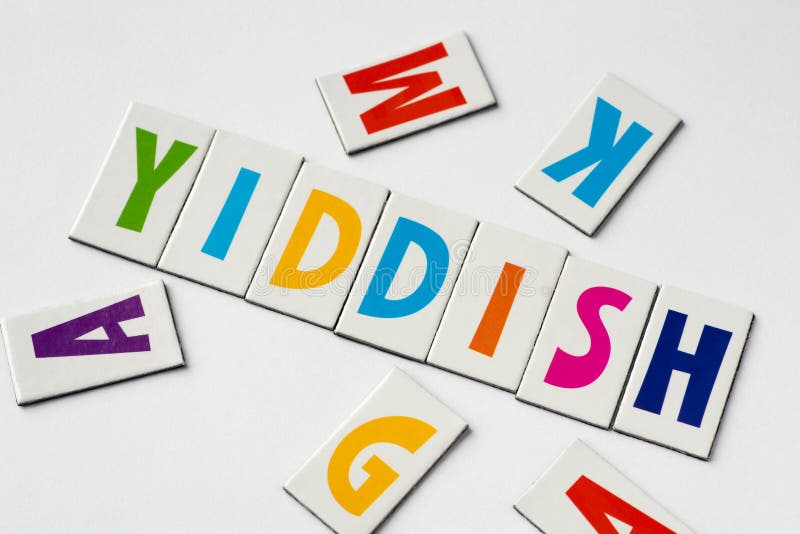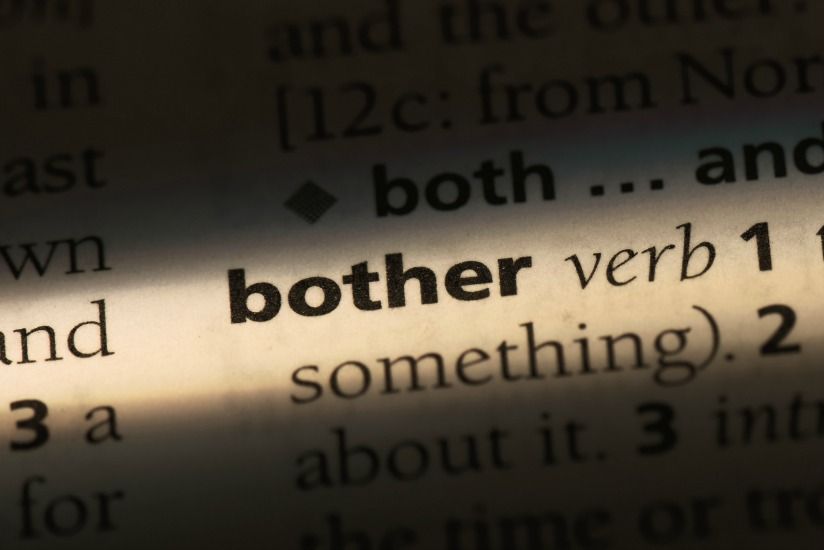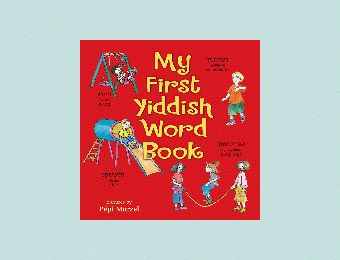
Chutzpah can be used in a variety of ways. These English words of Yiddish origin, except as noted, are in the online editions of the Oxford English Dictionary (OED), The American Heritage Dictionary of the English Language (AHD), or the Merriam-Webster dictionary (MW). Jewish scriptwriters introduced many Yiddish words into popular culture, which often changed the original meanings drastically. This article is a follow up on Ten Yiddish Expressions You Should Know. Influence of academic self-regulation, critical thinking, and age on online graduate students’ academic help-seeking. Chutzpah (from the Hebrew, pronounced hoots-puh) is a Yiddish word that Jews and non-Jews alike use to describe someone who is particularly audacious, nervy, or has a lot of guts. The Yiddish language is a wonderful source of rich expressions, especially terms of endearment (and of course, complaints and insults).


There's a restaurant over there, but I don't think it's very good.Pop culture dramas such as Netflix's Unorthodoxhave gotten into the mix, portraying the relevance and power of Yiddish as it relates to Jewish identity, history, and culture. With a bit of helpful historical hindsight, scholars are starting to view Yiddish as a "real" language, as the Jewish Virtual Library says, not a "corrupted tongue." Universities - even those as prestigious as Oxford - are offering entire research degrees in Yiddish studies, as listed on the Oxford website.

Yiddish word yed tv#
In fact, as The Economist outlines, Yiddish literature and music are entering a kind of near Renaissance. Most of the Yiddish words adopted into English (or at least the type of English that New Yorkers and seemingly everyone on TV speak) like schmuck, tush, schtick,schvitz, nosh. And of course, Hasids (and other Jews, of course, primarily in New York) brought to us all those colorful Yiddish words like "shmuck" and "putz." They don't consider themselves "ultra-orthodox," as Chabad states they just believe they're doing the right thing to keep their heritage intact. Satmar Hasidic Jews, for instance - centered around Borough Park in Williamsburg, Brooklyn - attend Jewish schools, typically stay within family businesses, and never marry non-Jews. Be sure to check heading and document order. (Wikimedia) Email Sign Up Some areas of this page may shift around if you resize the browser window. Unlike English, Hebrew and hundreds of other languages that have. It isn’t easy being a language without a country. This is why, as The Conversation explains, Yiddish sounds like Slavic grammar mixed with German vocabulary - as some have said, "bad German." Yiddish, currently, is a combination of ancient Hebrew mixed with Slavic and German elements, and to make things extra fun, written in Aramaic, a Semitic language from the Middle East. The 22 Best Yiddish Words to Know My Jewish Learning Submit Yiddish typewriter at the Museum of the History of Polish Jews. Indiana University Press and the League for Yiddish, 856 pages, 60. This will hopefully give you a little motivation to study Yiddish today.
Yiddish word yed how to#
It's likely that Jewish traders operating from the Roman Empire out to Asia from the 1st to 9th century migrated to modern-day Turkey first, then up to Eastern Europe. Now that you have learned and understood the common ways of saying yes in Yiddish is '', it's time to learn how to say yes in Yiddish. Whether you decide to pick up the course or not, we’re bringing you 18 essential Yiddish words and phrases everyone should know. Here is the translation and the Yiddish word for yes: Edit Yes in all languages Dictionary Entries near yes Yemen yen yep yes Yes and no Yes, please Yes, why Cite this Entry 'Yes in Yiddish.

We hope this will help you to understand Yiddish better. This is why Yiddish is often mistakenly believed to be primarily Germanic. Duolingo will be introducing Yiddish as its 40th language. If you want to know how to say yes in Yiddish, you will find the translation here. This is doubly confusing because the Biblical term "Ashkenazic" wasn't applied to Jews until the 11th century in Rhineland, southwest Germany. Near as we can tell, all of the world's Yiddish speakers (per the YIVO Institute for Jewish Research, between a half-million and a million people) owe their language to a mere 330 "Ashkenazic" Jews who came from Eastern Europe by way of Turkey (per the LA Times), according to genetic research discussed on Frontiers in Genetics. Two-fifths of all Ashkenazic Jews can be traced back to only two women, per the British Medical Journal.


 0 kommentar(er)
0 kommentar(er)
